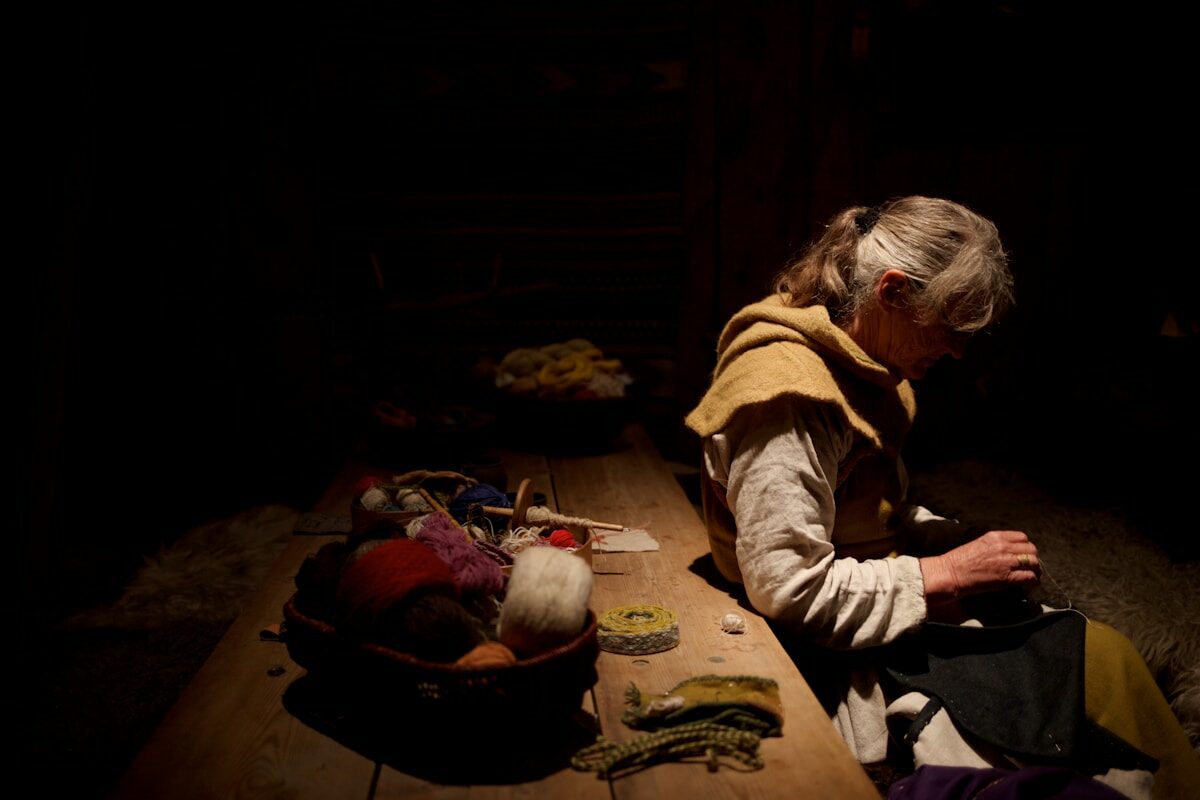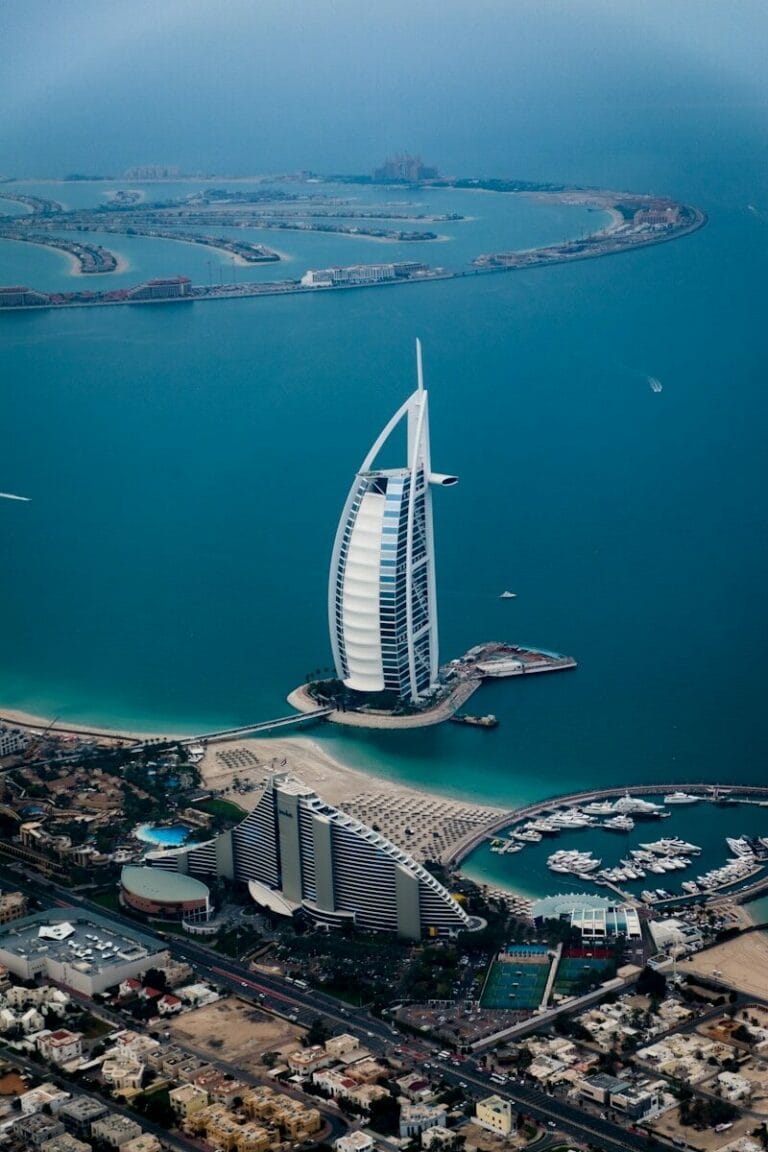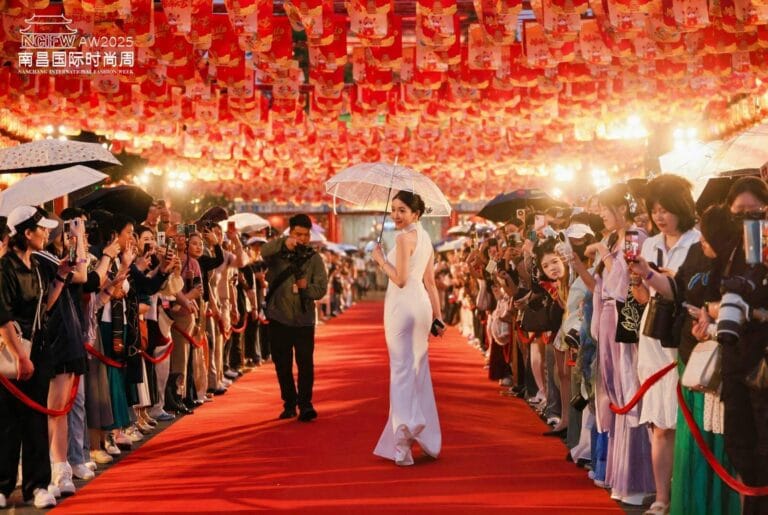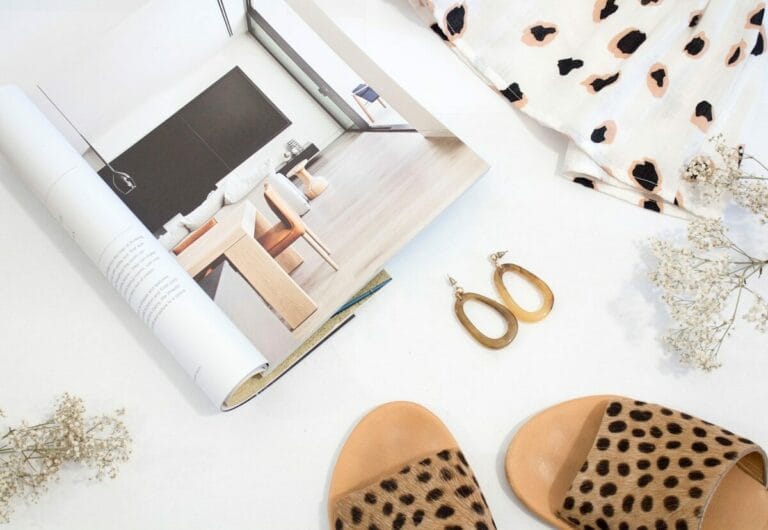The Woman Behind The Brand That Believed In Tomorrow- How a Turkish Designer Re-imagined The Future of Fashion During Lockdown
Turkish brand Ince Topuk champions authentic fashion with community focus, ethical production and body diversity, inspiring a future for sustainable style

Empty streets. Cancelled weddings. Shop fronts dark behind rolled-down shutters. In early 2020, as lockdown settled over Turkey like a heavy blanket, most fashion brands were packing away their party dresses and wondering when normal life might return. But in her Istanbul studio, Dilek Doksanbir was doing something that seemed almost reckless: she was making evening gowns.
Not for the parties that weren’t happening or the celebrations that had been postponed indefinitely. She was sewing for better days that existed only in her imagination – a bet that Turkish women would want to dress up again, and when they did, they’d remember which brand believed in tomorrow.
What Was She Thinking?
It wasn’t optimism that kept Dilek’s scissors moving during those first uncertain months of the pandemic. It was something more stubborn than that – a refusal to let fear make her decisions. While Turkish women were embracing indoor clothing and comfort wear, prioritising practicality over everything else, Dilek was thinking about the moment that would inevitably come when they’d want to feel beautiful again.
‘We decided to produce evening dresses during lockdown, anticipating future demand once restrictions lifted,’ she explains. It sounds simple when she says it like that, but making formal wear when everyone was living in tracksuit bottoms was an act of faith that required real courage.
The fear wasn’t about whether people would eventually want to celebrate again – Turkish culture revolves around elaborate weddings and multi-day festivities where what you wear matters deeply. The fear was about whether her small brand, Ince Topuk, could survive long enough to see those celebrations return. Like many fashion brands navigating pandemic uncertainty, the challenge wasn’t just about making clothes – it was about staying alive as a business.
Choosing Community Over Profit
When demand disappeared overnight, the obvious move would have been to cut costs, pause production and wait it out. Instead, Dilek made a decision that kept local ateliers running even when there was nowhere to wear the clothes they were making.
Across Turkey, small workshops and traditional craftspeople were facing an uncertain future as orders dried up. Ince Topuk continued working with these ateliers, supporting the tailors and seamstresses whose livelihoods depended on steady work. The brand managed to sustain jobs without taking outside funding – a choice that meant absorbing financial risk when cash flow was already tight.
Dilek’s belief was simple: the relationships built with skilled craftspeople couldn’t be easily rebuilt once broken. The pandemic had already shown how fragile these connections could be, but also how valuable. When Turkish women eventually returned to shopping for celebration wear, they increasingly valued locally made and ethically produced clothing – values that resonated with a growing awareness of sustainability and community support.
Listening to Customers, Not Rules
When it became clear that comfortable clothing was what women actually needed, Ince Topuk didn’t dig in its heels. The brand pivoted to selling homewear, recognising that meeting customers where they were was more valuable than sticking to their original vision.
When restrictions began lifting and events started happening again, Ince Topuk was ready with the occasion wear they’d never stopped making. But they’d also learned something important about showing their clothes on different body types. Where many brands had relied on standard model shoots, Ince Topuk began featuring women of various sizes and shapes wearing their pieces.
For a culture where social gatherings and celebrations are such an important part of life, seeing yourself reflected in a brand’s imagery matters. The approach aligned with broader conversations about ethical fashion and authentic representation in the industry.
Instagram Reels and Real People
The move to social media content happened naturally, but Ince Topuk’s approach was different from the polished perfection that dominated fashion Instagram. They started creating Reels that felt authentic rather than aspirational – real women celebrating their own style rather than trying to become someone else.
The approach took inspiration from international brands promoting body diversity through inclusive campaigns, but adapted it for Turkish culture and values. The content worked: the brand more than doubled their Instagram following and eventually reached one in every 10 Turkish women over 25.
What made the difference wasn’t clever hashtags or influencer partnerships. It was treating their followers like the real people they were, rather than potential customers to be convinced. The success came from celebrating individuality rather than trying to create it – a philosophy that mirrors broader questions about authenticity versus appearance in how we present ourselves.
What Sticks With You
Five years on, Ince Topuk has grown six times larger without opening a single physical store. The evening dresses that Dilek was making during lockdown eventually found their way to the celebrations she’d imagined – the weddings that were postponed, the parties that were planned again, the moments when Turkish women wanted to feel special.
What stands out isn’t the growth numbers or the social media success. It’s the quiet stubbornness of continuing to believe in better days when most people couldn’t see past the immediate crisis. The real risk wasn’t in trusting that people would want to celebrate again. The risk was in waiting for someone else to tell you when it was safe to start believing in the future.
Dilek’s story sits within the broader revival of Turkish fashion and traditional craftsmanship that emerged during and after the pandemic. Her decisions – to keep producing, to support local ateliers, to show clothes on different bodies – were acts of faith in the idea that women deserve to feel beautiful, and that the people who help make that happen deserve support even when times are uncertain. These choices reflect deeper questions about what we want the future of fashion to look like and how our purchases can support the communities and values we care about.





